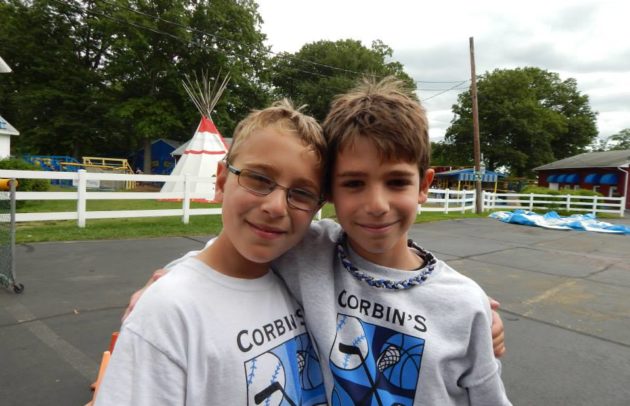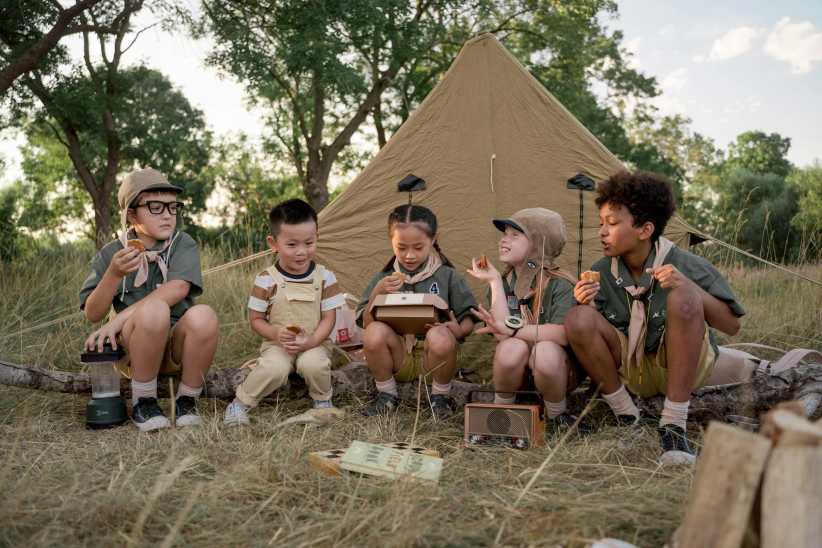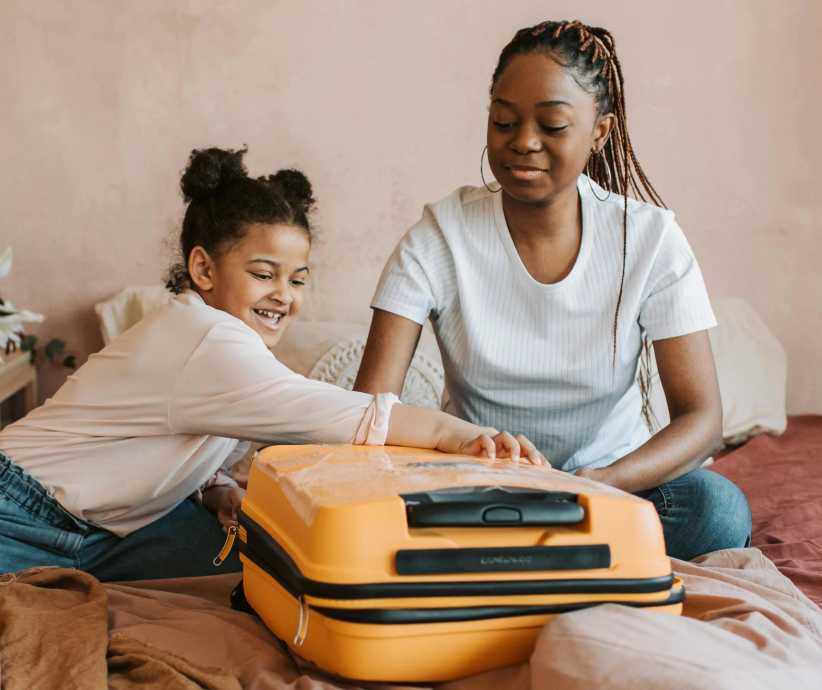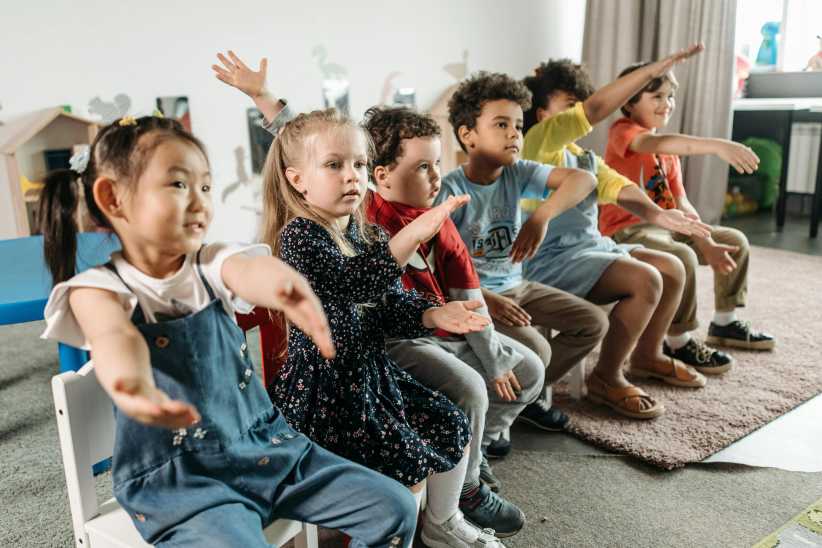
Often times, when parents consider sending their child to camp, the first thing they think of is that they need to send their child with someone he knows. While having a friend or cousin at camp has its positives, camp professionals also feel going to camp alone has many benefits.
“If a parent signs their child up for a dance or Taekwondo class, they are fine if their child doesn’t know anyone, but when it comes to camp, parents often want the reassurance that their child knows someone. It adds a comfort level for parents and for the first few days of camp, it can help to have a familiar face,” says Todd Rothman, Owner and Director of Deerkill Day Camp in Suffern, NY. “However, when a child goes into a new experience alone, they take the first step to becoming independent and being a more adaptable and self-confident person. When you have a friend from home as a safety blanket, it takes a little bit away from that opportunity.”
[gravityform id=”17″ title=”false” description=”false” ajax=”true”]
Sometimes going to camp with a friend can hold a camper back. If your child is having a great time at camp, but her friend isn’t, your child might feel responsible for her friend. Consider putting your child in a different bunk if she goes to overnight camp with a friend, which can help put some separation between the two. Rothman also points out why going to camp with a friend can be challenging. “Sometimes an extroverted friend feels held back by her introverted friend or the more reserved friend becomes too reliant on her personable friend and never gets to spread her own wings. More often than not, someone feels left behind,” Rothman explains. Camp also gives children the opportunity to reinvent themselves. Rothman adds: “Coming to camp alone, you can be different than you are at home. You can shed your long standing school reputation as the shy kid and become the athletic child at camp. When you come to camp with friends from home, it’s hard to take on a different role.”
For families who don’t send their child to camp with a friend or relative, they should ask what the camp does to make sure new campers feel comfortable. “Every Monday morning, whenever new campers arrive, we devote time to icebreakers and name games to ensure that every child is matched up with one buddy so they go home knowing at least one child’s name. Mostly friendships happen organically but in the beginning, when everyone’s a bit new, it can be helpful to have a little assistance. All good camps will have a program in place to help that new child feel like a veteran by the middle of their first week,” Rothman says. Many camps also host new camper get-togethers before camp begins which are great events to help campers get ready for the camp experience. “Our new camper events give our future campers the opportunity to interact in a fun and upbeat way and meet the staff and other new campers going to camp,” says Jamie Chadwin, Director of Camp Mah-Kee-Nac, an overnight boys’ sports camp in the Berkshires. “The events help to alleviate nerves and anxiety before campers step on the bus that first day.”
Many families decide to send their child to camp with a friend, for their own piece of mind, because their child won’t go to camp without someone they know or because that is just what the family feels is best. Rothman notes that there are positives to going to camp with a friend or relative. “Having a cousin, friend, or sibling at the same camp expands a child’s network. If you know someone else who knows some else, your friend circle grows,” Rothman says. “Friends from home who go to camp together also have the same camp experience which allows them to share things about camp easily in the off-season. When it comes to going to the camp reunion, watching the camp video or wearing the same shirt on Camp T-Shirt Day, having the same camp experience helps builds community and camp loyalty.”
Chadwin and his co-director wife Rachel meet with each new child coming to camp and get to understand who they are. “If a child is coming with a friend, and may be a bit nervous about camp, they will tend to talk a lot about what he and his friend are going to be doing at camp together,” he explains. “We try and get him into the mode of looking beyond that and while maybe his friend will be in his cabin or group, there are other nine-year-olds that he’ll encounter and get to know. We help them visualize what will happen throughout the day and where he will be with his friend and where they might have different interests and be apart, since we are an elective camp.”
Rothman says that while it might be hard in the beginning to go to camp alone, you send your child to camp to grow as a person. “The best way to help a child adapt to new experiences is without a crutch,” he says. “The greatest gift you can give your child is teaching them they can succeed in any type of environment and not just succeed, but thrive. If you keep that in mind, it will become easier for the lead up of a child not knowing anyone before camp begins.”





















